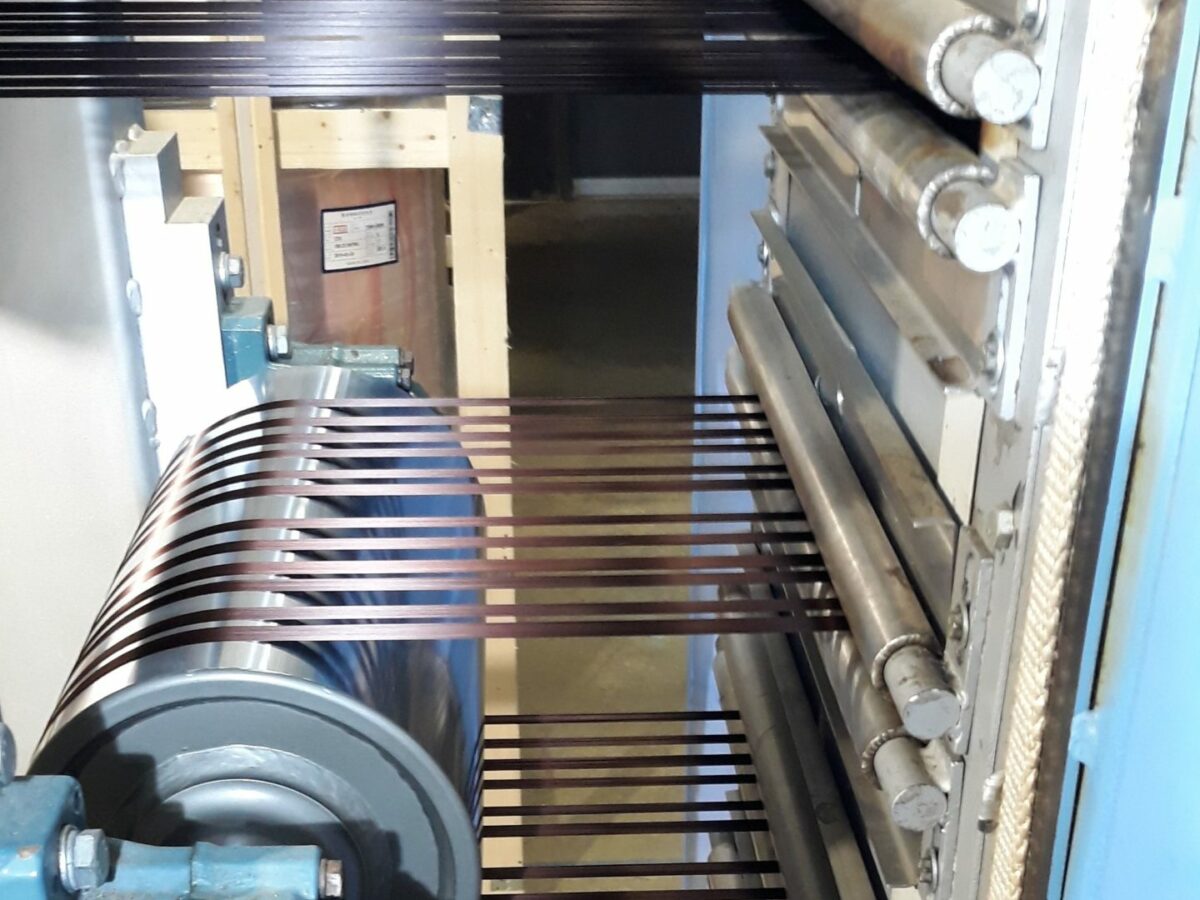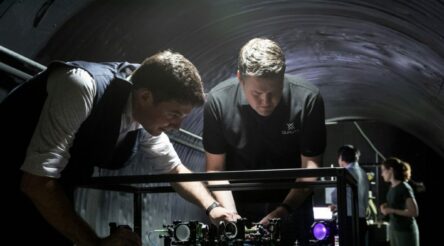Deakin, Thales announce new carbon composite collaboration

A six-month R&D project led by Thales Australia will develop a carbon fibre composite overwrap, reducing the thickness of gun barrels and producing a lighter product with improved precision.
The project is budgeted at $234,023 and partners the defence contractor with Deakin University and the Innovative Manufacturing CRC, which is providing grant support through its activate program.
Thales Australia’s Director of Integrated Weapons & Sensors Graham Evenden said intermediate modulus carbon fibres suited to the overwrap were only available through international supply chains, which suffered frequent interruptions.
“By developing these fibres on Australian soil, Thales is establishing an innovative capability that can be applied to other small arms products across civil and defence sectors,” said Evenden.
Thales and Deakin would cooperate to train and upskill staff at Thales’s Lithgow Arms facility, which the company recently announced would be redeveloped to become an Industry 4.0 and integration hub for next-generation weapons systems.
“Deakin, through its Carbon Nexus research centre, is excited to support Thales in the development of new carbon fibre materials which, once approved, will be used to produce a composite demonstrator at Thales Australia’s Lithgow manufacturing facility,” added Russell Varley, a Professor of Composite Materials at the university.
Dr Matthew Young, Manufacturing Innovation Manager at IMCRC, said R&D would serve as a testbed for future locally-made bespoke carbon fibre products.
“This collaboration will develop a niche, high-quality product with significant export opportunities,” said Young.
“By partnering with an Australian world-class research facility on composite materials, this project will directly support growth within a key national manufacturing priority area.”
Picture: supplied
Subscribe to our free @AuManufacturing newsletter here.
Topics Defence
@aumanufacturing Sections
Analysis and Commentary Awards casino reviews Defence Gambling Manufacturing News Online Casino Podcast Technology Videos





